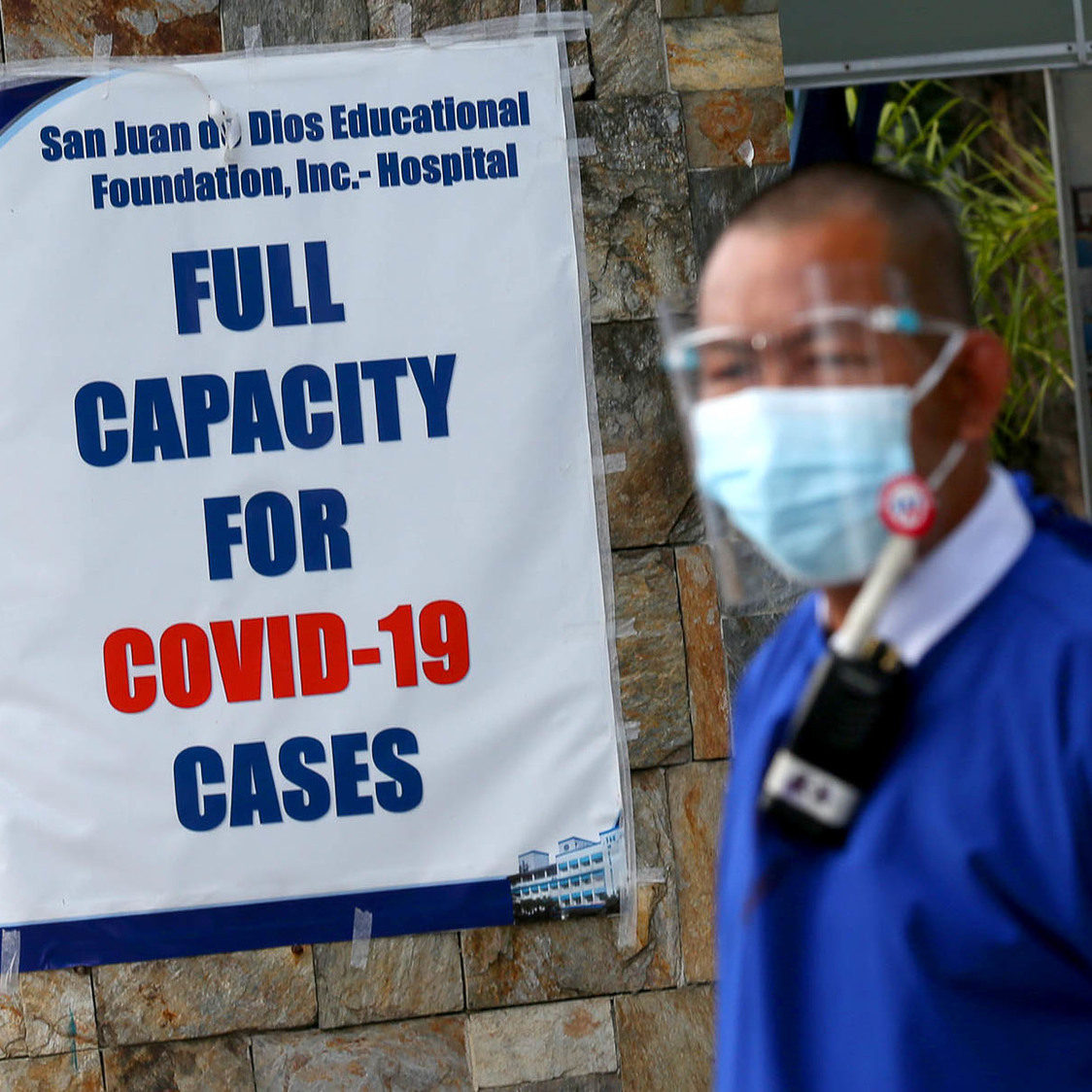Friday Night Lights
Friday Night Lights is a television series that follows the lives of American teenagers playing high school football in a little town located in Texas. This football team features players of different races, including white, black, and Latino, though for this assignment I plan to focus on the injustices that the star running back for the Dillon Panthers, Brian “Smash” Williams faces. Particularly in season two, they shed some light on the racial injustices that were happening in Texas at this time. Though this is a fictional television series I feel that these events were based off issues that could potentially occur and probably were occurring at this time. In this season of the show Brian became involved with a girl he went to school with who was white. She was helping him with his college recruitment stuff since he wanted to go to college for football. She had been through this process with her older brother who was very successful and playing college football at the time. Their families had gotten together to meet and agrees that their relationship would be seen as inappropriate since she was white, and he was black. They kept on seeing each other despite what their parents had said, and it led to some issues involving Brains little sister at the movie theater. A group of white boys started harassing her because she was sitting alone, and his brother was with this girlfriend. A fight resulted and Brian was then sued for assault and forced to put out an apology even though they were saying racist things and harassing his sister. By the end of the season, he decides to share his side of the story and tells the news that he should not have apologized because they were being racist. This caused many problems for his football career. This television series started filming in 2006 and I feel that it shows many of the issues and injustices that black Americans can face daily. It strongly relates to the diary of injustices posts that we researched and wrote for this class.

